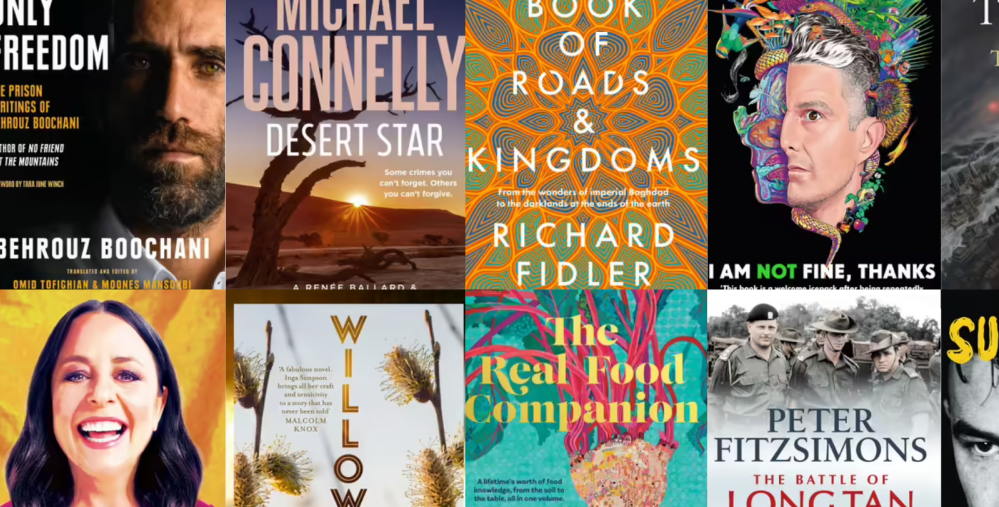Writing Fiction in a Post Truth World.
Guest post by Nicole Trope.
“Truth is stranger than fiction, but it is because Fiction is obliged to stick to possibilities; Truth isn’t.” Mark Twain
In a world where fake news and alternative facts abound, where reality television is probably scripted and your social media only feeds you articles that confirm your own opinions, what role does the fiction writer now play? If nothing is real and no one can be trusted-isn’t everything fiction anyway?
Perhaps rather than, ‘truth is stranger than fiction,’ we need to begin with the idea that all truth is and always has been – fiction. Everything is tainted by perspective, by virtue of the fact that we are human beings. How we view the world and what we believe has always been influenced more by who we are than by what is real.
Conspiracy theories have been around for a long time. There will always be people who believed they are being lied to about the existence of aliens, about whether or not the Holocaust happened, about the link between autism and vaccines and about all those emails. If even something as seemingly impossible to question as an email can be disputed because of context, tone and implied meaning, a he said/she said version of any conversation could be pure fantasy from both sides.
As a writer of fiction I start each novel with the idea that not only are many of my characters lying but that they are, as most people are, constantly justifying their actions based on how they view their world. I want to understand them so I can explain them to my readers. Basically I want to know what is true for them. And in reading fiction and connecting with characters, moving through judgement of their actions and into understanding, readers may find a way to define what is true for themselves.
It is particularly because I want to know what is not being said, what is hidden behind the headlines of newspapers and the closed doors of suburban houses that I began writing fiction. I want the truth in relation to the situations I write about and I cannot find that through a simple statement of facts.
In my new novel Forgotten, we begin with a fact: Malia leaves her five month old son in the car, but that is just the beginning of what is true for this stressed young mother and what really happened. The fact itself explains nothing.
As a fiction writer I look to identify with my characters and in doing so allow myself and my readers to hopefully empathise with people embroiled in experiences similar to the ones I write about.
There are, of course, two sides to every story but I believe fiction, as an art form, allows us to explore both sides and to understand what we would rather consider as being beyond our understanding. If nothing and everything is true, fiction allows us to find our own truth in the narrative.
Discover Nicole Trope’s books here.

Forgotten
In a single day, a simple mistake will have life-altering consequences for everyone involved. A moment of distraction, an unlocked car and a missing baby. How on earth could this happen?
All Malia needed was a single litre of milk and now she's surrounded by police and Zach has disappeared. Detective Ali Greenberg knows that this is not the best case for her, not with her history - but she of all people knows what Malia is going through and what is at stake. Edna is worried about the new residents at the boarding house. She knows Mary would turn in her grave if she knew the kinds of people her son was letting in...







 Booktopia’s top picks for Mother’s Day 2023
Booktopia’s top picks for Mother’s Day 2023  Top 10 book deals for Black Friday!
Top 10 book deals for Black Friday!  Top 10 Books for Dad this Christmas!
Top 10 Books for Dad this Christmas!
Comments
No comments